Running out of dill weed? Here's a quick guide to the top 10 substitutes with exact usage ratios, best dish pairings, and practical tips to replace dill weed seamlessly.
Table of Contents
- Introduction
- Best Substitutes for Dill Weed
- How to Use Substitutes
- Frequently Asked Questions
- Conclusion
Introduction
Dill weed is a versatile herb known for its delicate, slightly sweet flavor and fresh aroma. When it's unavailable, these scientifically-backed substitutes will maintain your dish's integrity without compromising taste. This guide provides precise substitution ratios and real-world applications for every cooking scenario.
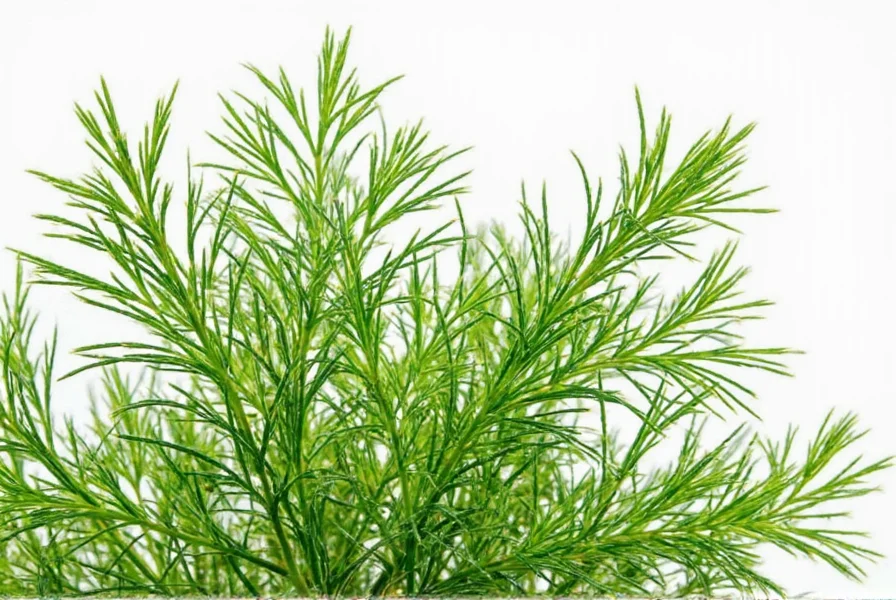
Best Substitutes for Dill Weed
| Substitute | Fresh Ratio | Dried Ratio | Best Dishes | Flavor Profile |
|---|---|---|---|---|
| Fennel Seeds | 1:1 | 1 tsp per 1 tbsp fresh dill | Pickling, seafood, breads | Licorice-like, sweet |
| Tarragon | 1:1 | 1 tsp per 1 tbsp fresh dill | Chicken, eggs, creamy sauces | Anise-like, refined |
| Parsley | 1:1 | 1 tsp per 1 tbsp fresh dill | Salads, garnishes, sauces | Grassy, mild |
| Cilantro | 1:1 | 1 tsp per 1 tbsp fresh dill | Mexican/Indian dishes, salsas | Citrusy, bright |
| Dill Seed | 1:0.5 | 1/2 tsp per 1 tbsp fresh dill | Pickling, sausages, breads | Stronger, citrusy |
| Lemon Zest | 1:1 (zest only) | N/A | Seafood, baked goods, drinks | Tangy, acidic |
| Chervil | 1:1 | 1 tsp per 1 tbsp fresh dill | Potato salad, omelets | Subtle, sweet |
| Caraway Seeds | 1:0.75 | 1/2 tsp per 1 tbsp fresh dill | Soups, stews, roasts | Earthy, warm |
| Celery Seed | 1:0.75 | 1/2 tsp per 1 tbsp fresh dill | Meat dishes, soups | Savory, nutty |
| Herbes de Provence | 1:1 | 1 tsp per 1 tbsp fresh dill | Roasted vegetables, Mediterranean dishes | Complex herbal blend |
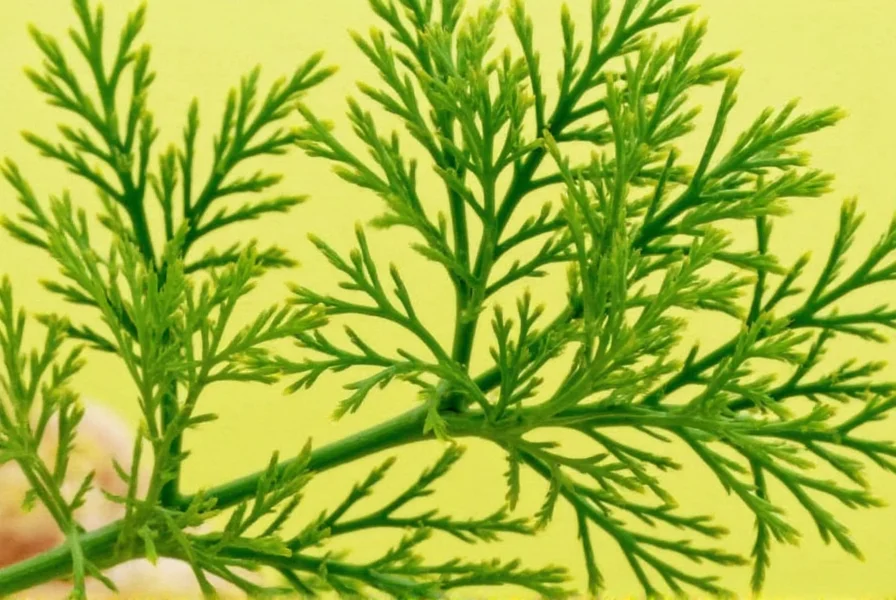
How to Use These Substitutes
- Start small: Always begin with 50% of the recommended ratio and adjust to taste
- Timing matters: Add dried substitutes early in cooking; fresh herbs at the end
- Combine for complexity: Try 2 parts parsley + 1 part tarragon for balanced flavor
- For pickling: Use dill seed at half the dill weed amount for authentic flavor
- For seafood: Fennel seeds or tarragon work best to complement fish
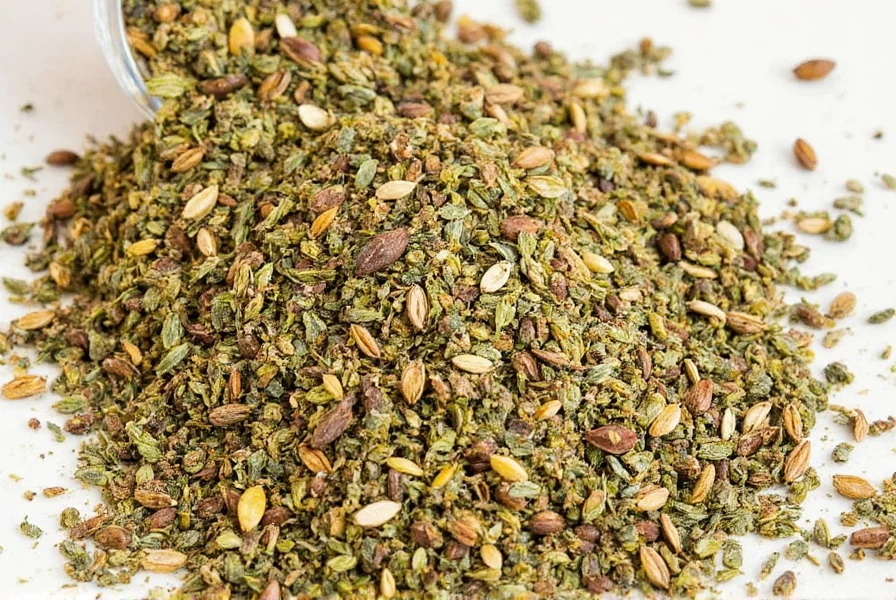
Frequently Asked Questions
What's the best substitute for dill weed in fish dishes?
Fennel seeds (1:1 ratio) or tarragon (1:1 ratio) are ideal for fish dishes. Their licorice-like and anise notes complement seafood perfectly. For fresh alternatives, combine 1 part parsley with 1/2 part lemon zest for bright, balanced flavor.
How much dried dill seed should I use instead of fresh dill weed?
Use half the amount of dried dill seed compared to fresh dill weed (e.g., 1/2 tsp dried seed for 1 tbsp fresh dill). Dill seed has a more intense, concentrated flavor due to its seed form.
Can I use dried dill instead of fresh dill weed?
Yes, but use a 1:3 ratio (1 tsp dried dill for 1 tbsp fresh). Dried dill has a more earthy, less vibrant flavor. Add it early in cooking to allow flavors to develop, while fresh dill should be added at the end.
Which substitute works best for pickling without dill weed?
Dill seed is the closest substitute for pickling (use 1/2 the amount of dill weed called for). If unavailable, combine 1 part celery seed + 1 part fennel seeds for authentic pickling flavor.

Conclusion
Substituting dill weed doesn't require compromise. With precise ratios and dish-specific recommendations, any recipe can maintain its intended flavor profile. Always start with smaller amounts and adjust to taste—experimentation is key to finding your perfect match.
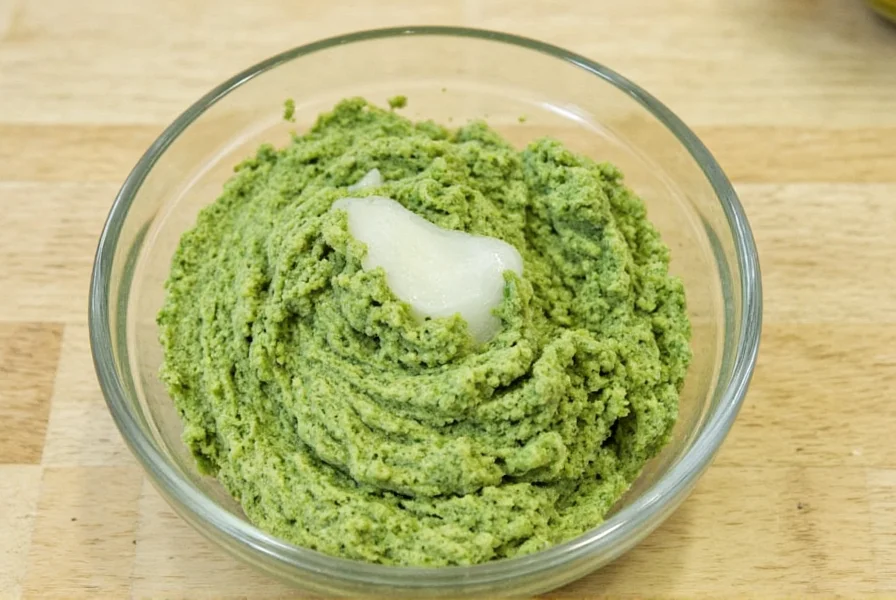

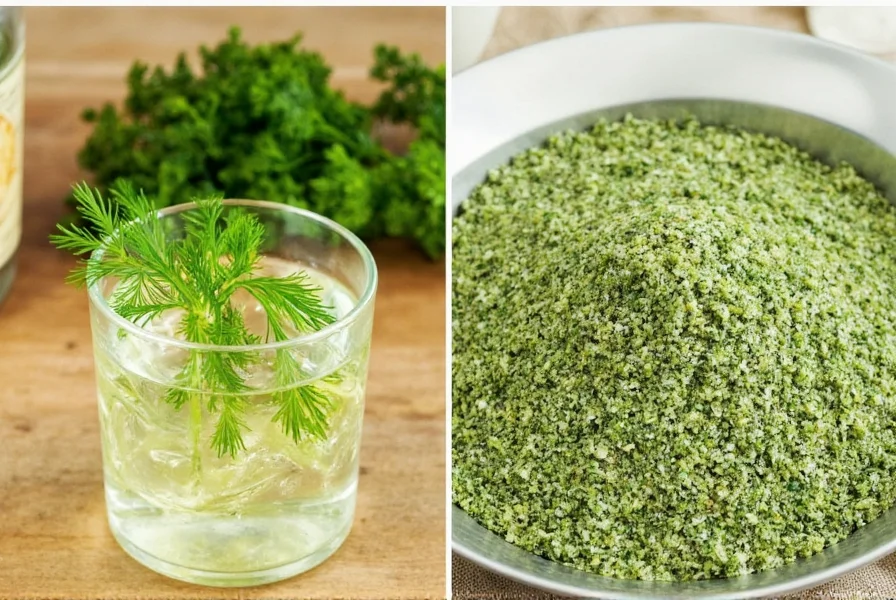









 浙公网安备
33010002000092号
浙公网安备
33010002000092号 浙B2-20120091-4
浙B2-20120091-4